Coffee culture in America has evolved far beyond the realm of chain stores and drive-thru windows. Across the country, distinctive local coffee scenes have emerged, each with its roasting philosophies, serving styles, and community atmospheres that reflect the unique character of its cities and regions.
Here is a list of 20 exceptional coffee destinations across the United States where the local brew culture is so distinctive and high-quality that coffee enthusiasts should consider planning special trips just to experience them.
Portland, Oregon

The Pacific Northwest city stands as America’s original third-wave coffee capital, where the movement toward treating coffee as an artisanal product rather than a commodity first took root. Portland’s coffee landscape features pioneering roasters like Stumptown alongside newer innovators such as Heart, Coava, and Nossa Familia—all operating in a city where barista competitions are spectator sports and coffee pop-ups regularly introduce experimental brewing methods.
The city’s collaborative rather than competitive coffee culture means roasters frequently share knowledge, resulting in consistently exceptional quality across dozens of unique cafes.
Seattle, Washington
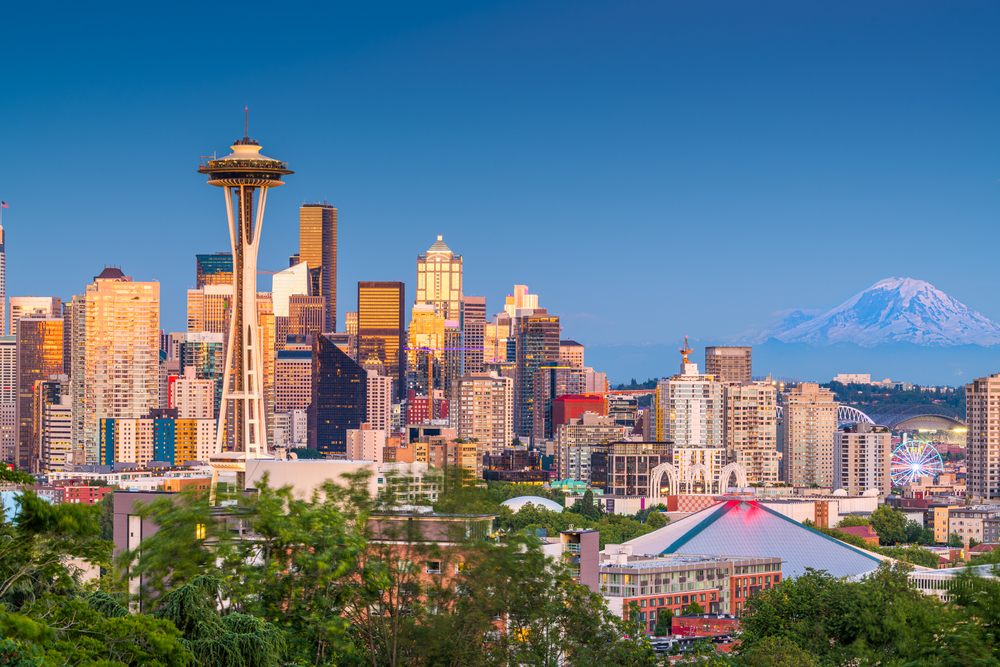
The birthplace of American coffee culture continues to evolve far beyond its Starbucks origins, with a mature coffee scene that balances innovation and tradition. Seattle’s coffee landscape features established players like Espresso Vivace, where owner David Schomer helped pioneer precision espresso techniques, alongside newer entrants like Anchorhead and Elm Coffee Roasters that push boundaries in sourcing and preparation methods.
The city maintains a distinctly Pacific Northwest approach that emphasizes darker roasts than many other third-wave scenes, while continuously refining extraction techniques in cafés often designed with abundant natural light to counter the region’s notorious gray skies.
Like Travel Pug’s content? Follow us on MSN.
San Francisco, California
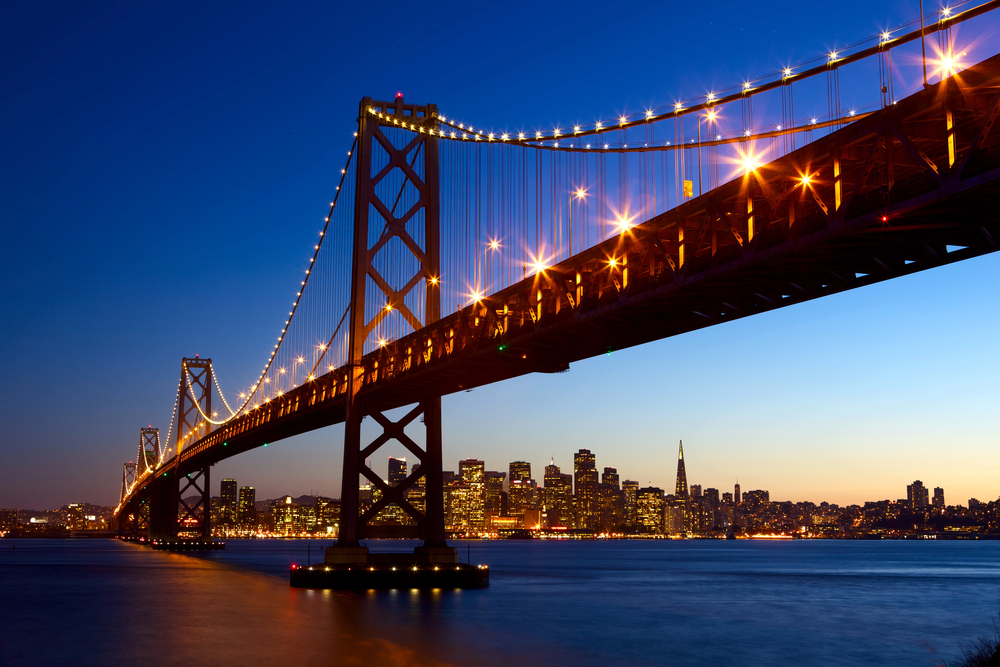
The Bay Area coffee scene combines technical precision with California’s agricultural abundance and technology-forward mindset. San Francisco cafes like Ritual, Four Barrel, and Saint Frank approach coffee with scientific rigor regarding water chemistry and extraction while creating spaces that feel distinctly San Franciscan, with a blend of Victorian architecture and minimalist design.
The influence of nearby Silicon Valley appears in shops like Chromatic and Verve that incorporate digital tools for precision brewing, while the region’s agricultural heritage shows in seasonal coffee-food pairings that would be impossible elsewhere.
New Orleans, Louisiana
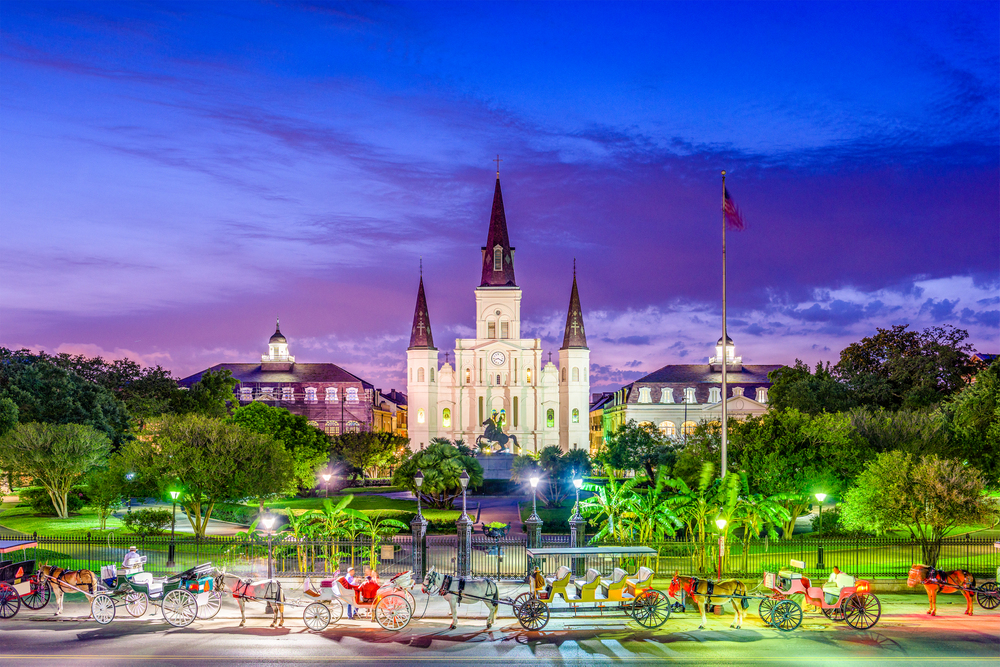
Unlike any other American coffee culture, New Orleans maintains centuries-old coffee traditions while embracing modern approaches. The city’s signature coffee drinks—café au lait made with chicory and sweet, cold-brewed coffee with milk—date back generations at institutions like Café du Monde and Morning Call, while newer establishments like French Truck and Congregation have introduced single-origin offerings without abandoning local traditions.
New Orleans cafés often feature live music, courtyard seating, and a distinctly unhurried atmosphere that encourages lingering, reflecting the city’s overall approach to pleasure and community.
Austin, Texas

The Texas capital has developed a coffee scene that is independent and creative, as is its music culture, with distinctive neighborhood cafés that double as community hubs. Austin standouts like Figure 8, Greater Goods, and Fleet Coffee combine high-level coffee expertise with the city’s laid-back hospitality, often featuring outdoor seating areas that operate year-round in the mild climate.
Many Austin coffee shops double as live music venues in the evenings, and several have pioneered coffee cocktails that bridge the specialty coffee and craft cocktail scenes, creating distinctly Texan hybrids like bourbon espresso tonics.
Like Travel Pug’s content? Follow us on MSN.
Nashville, Tennessee

Music City has developed a remarkably sophisticated coffee culture that connects to both its musical heritage and southern hospitality traditions. Nashville roasters like Crema, Barista Parlor, and Stay Golden have created spaces where musicians, writers, and music industry professionals conduct business over meticulously prepared pour-overs in spaces that reference Tennessee’s musical legacy through design and background soundtracks.
The city’s coffee shops often feature live acoustic sets and songwriter showcases. At the same time, Nashville’s collaborative ethos means many roasters supply beans to local restaurants, ensuring quality coffee experiences throughout the dining scene.
Denver, Colorado

The Mile High City’s coffee culture reflects its outdoor lifestyle and entrepreneurial spirit with cafes that serve as both community gathering spots and gateways to adventure. Denver standouts like Huckleberry Roasters, Sweet Bloom, and Middle State have mastered high-altitude brewing adjustments necessary at 5,280 feet, while creating spaces that serve as meeting points before mountain excursions.
The city’s coffee scene benefits from the scientific mindset of nearby research institutions, with several cafés employing precise water chemistry and innovative brewing devices, while maintaining the friendly, outdoorsy vibe that characterizes Colorado culture.
Chicago, Illinois

The Windy City boasts a coffee culture as architecturally impressive as its skyline, with cafés that combine Midwestern warmth with international influences. Chicago pioneers like Intelligentsia helped define American specialty coffee, while newer establishments like Metric, Passion House, and Back of the Yards Coffeehouse continue innovating in distinctive ways.
The city’s brutal winters have inspired unique seasonal offerings like maple-infused lattes and inventive hot chocolate-coffee hybrids. At the same time, Chicago’s diverse international communities have influenced preparation methods, with several cafés incorporating Ethiopian, Turkish, and Vietnamese traditions into their menus.
Like Travel Pug’s content? Follow us on MSN.
Philadelphia, Pennsylvania
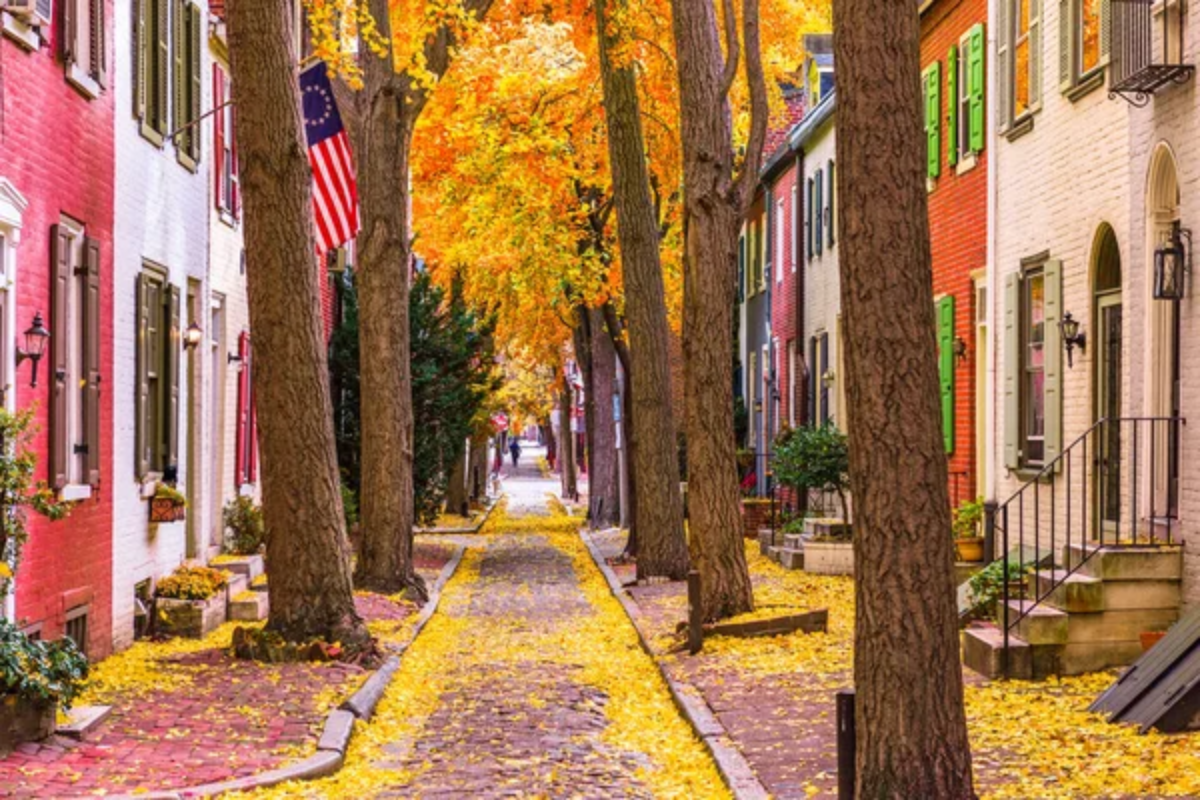
The City of Brotherly Love has developed a coffee culture that balances historical awareness with forward-thinking approaches to sourcing and sustainability. Philadelphia standouts like Elixr, Reanimator, and Herman’s combine precision coffee preparation with the city’s characteristic straightforwardness. They often operate in repurposed historic buildings that connect present-day café culture to the city’s long history as a center of American public discourse.
Many Philly coffee shops maintain close relationships with the city’s renowned food scene, resulting in exceptional pastry programs and coffee-centered desserts that elevate the overall experience.
Minneapolis-St. Paul, Minnesota

The Twin Cities have fostered a particularly innovative coffee culture that thrives despite—or perhaps because of—long, harsh winters that drive residents to seek warm, inviting spaces. Minneapolis-St. Paul roasters like Spyhouse, Bootstrap, and Dogwood have created distinctive café environments that incorporate local art and design elements while serving coffee prepared with Midwestern attention to detail and consistency.
The region’s Nordic heritage influences both the clean, minimalist aesthetic of many shops and preferences for lighter roast profiles that preserve the fruity, acidic notes in high-quality beans.
Richmond, Virginia

This southern city has developed a remarkably vibrant coffee scene that connects to both Richmond’s industrial past and creative present. Richmond standouts like Blanchard’s, Lamplighter, and Black Hand operate in repurposed industrial spaces that reference the city’s manufacturing history while creating forward-thinking beverages often influenced by the city’s growing craft brewing scene.
The Virginia capital’s coffee shops frequently double as art galleries showcasing local artists, and many maintain close relationships with nearby farms, offering seasonal food menus that complement their coffee programs.
Like Travel Pug’s content? Follow us on MSN.
Albuquerque, New Mexico

New Mexico’s largest city has cultivated a coffee culture distinctly rooted in Southwestern traditions and ingredients that can’t be found elsewhere. Albuquerque roasters like Piñon, Villa Myriam, and Cutbow incorporate regional influences into their offerings, with several shops featuring piñon-infused coffees and chile-chocolate mocha variations that reference local culinary traditions.
The high desert environment has inspired attention to water quality and composition among local roasters, many of whom have developed specific mineral profiles that enhance extraction at the city’s elevated altitude.
Charleston, South Carolina
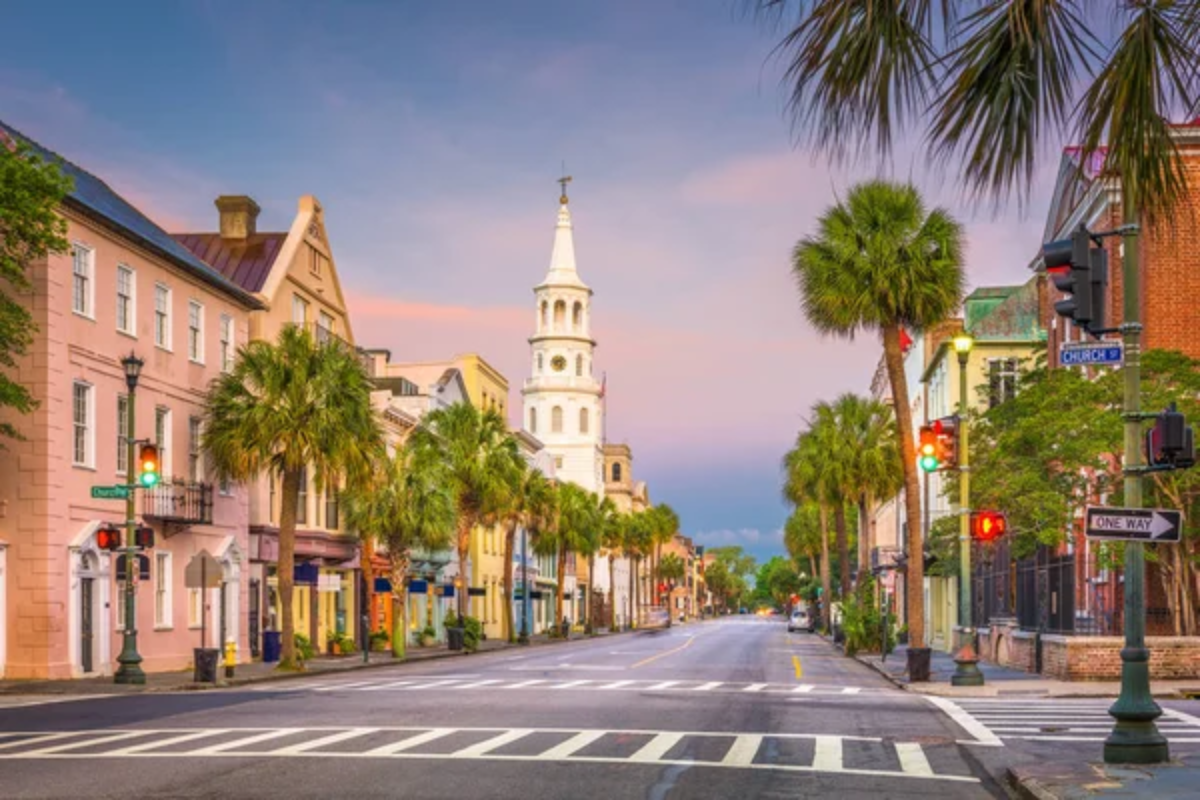
The historic coastal city has developed a coffee scene that balances Southern hospitality with progressive roasting approaches, creating experiences that feel simultaneously traditional and contemporary. Charleston standouts like Second State, Mercantile, and The Daily invite lingering with comfortable seating and covered porches, while serving precision-brewed coffees that reflect modern sensibilities.
Many local shops incorporate Lowcountry culinary influences with seasonal offerings like bourbon pecan lattes in fall and refreshing coffee tonics during humid summer months, connecting the beverage to the region’s broader food traditions.
Milwaukee, Wisconsin
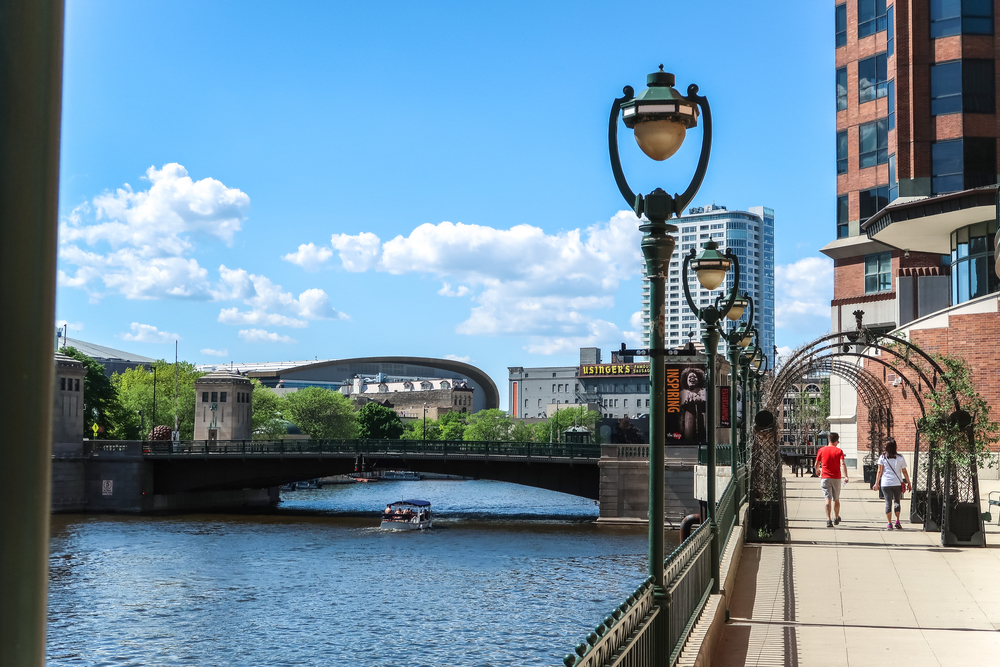
This Great Lakes city has quietly developed one of the Midwest’s most distinctive coffee cultures, building on its manufacturing heritage while embracing innovation. Milwaukee roasters like Colectivo, Valentine, and Anodyne operate in repurposed industrial spaces that honor the city’s working-class roots while creating forward-thinking coffee programs that often incorporate influences from the city’s German and Scandinavian heritage.
The city’s relatively low cost of living has allowed cafés to occupy generous spaces, many featuring in-house bakeries and full kitchens that create integrated food and coffee experiences rather than treating pastries as an afterthought.
Like Travel Pug’s content? Follow us on MSN.
Kansas City, Missouri

Straddling the Midwest and Great Plains, Kansas City has developed a coffee scene characterized by extraordinary hospitality and technical precision. Kansas City standouts like The Roasterie, Messenger, and Oddly Correct have created distinctive approaches that balance approachability with coffee sophistication, often in spaces that reference the city’s jazz heritage and agricultural connections.
The city’s central location has made it an unexpected coffee crossroads, with roasters incorporating influences from both coasts while maintaining Midwestern accessibility in both pricing and atmosphere.
Washington, DC
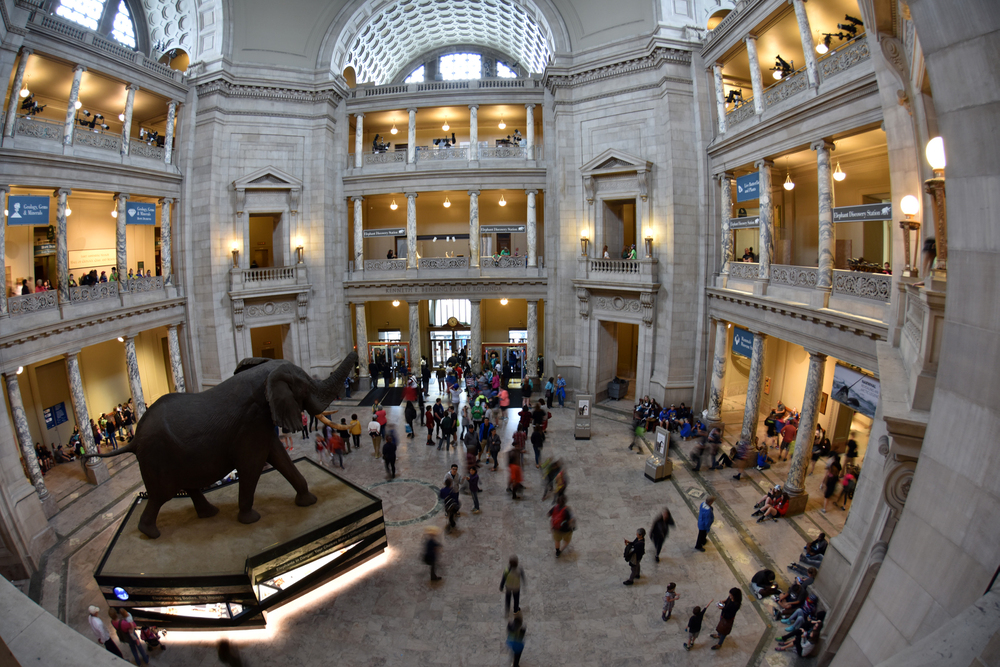
The nation’s capital has fostered a remarkably international coffee culture that reflects its diplomatic community while maintaining a distinctive local character. Washington standouts like Compass, Peregrine, and Lost Sock Roasters create cafés that serve as informal meeting grounds for people from across the political spectrum, often in historic buildings that connect to the city’s rich history.
Many DC coffee shops have pioneered innovative retail models that support international development in coffee-growing regions, creating direct connections between policy discussions happening in the café and actual implementation in producing countries.
Durham, North Carolina

This research triangle city has developed one of the South’s most forward-thinking coffee cultures, connecting academic precision with Southern hospitality. Durham standouts like Counter Culture (whose training center has educated thousands of baristas nationwide), Little Waves, and Black & White provide exceptional coffee experiences in spaces that often repurpose the city’s historic tobacco and textile buildings.
The university’s influence is evident in scientifically approached brewing methods, while many cafés are used as community organizing spaces, reflecting Durham’s legacy of progressive politics within North Carolina.
Like Travel Pug’s content? Follow us on MSN.
Honolulu, Hawaii

The only state in America that actually grows coffee commercially has developed a farm-to-cup culture unlike anywhere else in the country. Honolulu’s coffee scene showcases Hawaiian-grown beans from regions like Ka’u, Puna, and the famous Kona coast, with shops like Morning Glass, Ali’i, and Kona Coffee Purveyors offering tasting flights that highlight terroir differences between growing regions, just like wine tastings.
The city’s coffee shops often incorporate tropical outdoor settings with open-air designs that connect the coffee experience to the islands’ natural beauty. At the same time, preparation methods frequently blend Japanese precision with native Hawaiian influences.
Tucson, Arizona

The desert city has cultivated a coffee culture that is as unique as its landscape, with cafes that perfectly balance heat management with remarkable quality. Tucson standouts like Exo, Presta, and Cartel have pioneered appropriate cold coffee preparations for extreme temperatures, developing cold brew methods and refreshing coffee-based drinks specifically suited to desert living.
Many local roasters have embraced the region’s Mexican influences, incorporating horchata, dulce de leche, and Mexican chocolate into signature drinks while creating cafe spaces that often feature exceptional outdoor seating areas designed to capture morning coolness and evening breezes.
Providence, Rhode Island

New England’s smallest state capital has developed a coffee scene of remarkable depth for its size, connecting to both the city’s industrial past and its present as an educational and design center. Providence standouts like Dave’s Coffee, The Shop, and Bolt operate in repurposed historic spaces while creating forward-thinking programs often influenced by the Rhode Island School of Design’s aesthetic sensibilities.
Many local cafés double as art galleries and performance spaces, reflecting the city’s creative community, while several have pioneered coffee syrups and concentrates that reference Rhode Island’s unique coffee milk tradition while upgrading it for contemporary tastes.
Like Travel Pug’s content? Follow us on MSN.
Beyond the Expected Bean

What makes these regional coffee scenes worth traveling for extends beyond merely finding a good cup of coffee. After all, quality beans and skilled baristas can be found in most American cities today.
The truly special coffee destinations create complete experiences that connect to local culture, history, and community in ways impossible to replicate elsewhere.
More from Travel Pug

- Cities Growing so Fast You Won’t Recognize Them in 10 Years
- 13 Destinations Where Tourists Regularly Regret Their Trip
- 16 U.S. Cities That Are Quietly Becoming Travel Hotspots
- Where to Travel If You Love Long Bus Rides and Daydreams
- 20 Cities Perfect for Solo Travelers Who Crave Adventure & Culture
Like Travel Pug’s content? Follow us on MSN.
